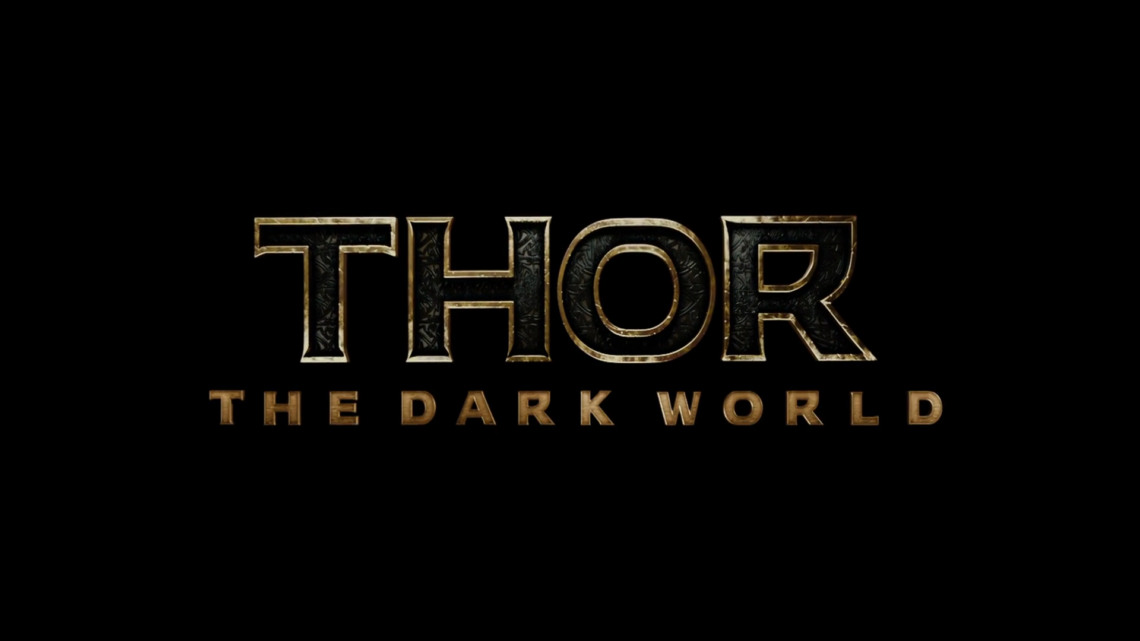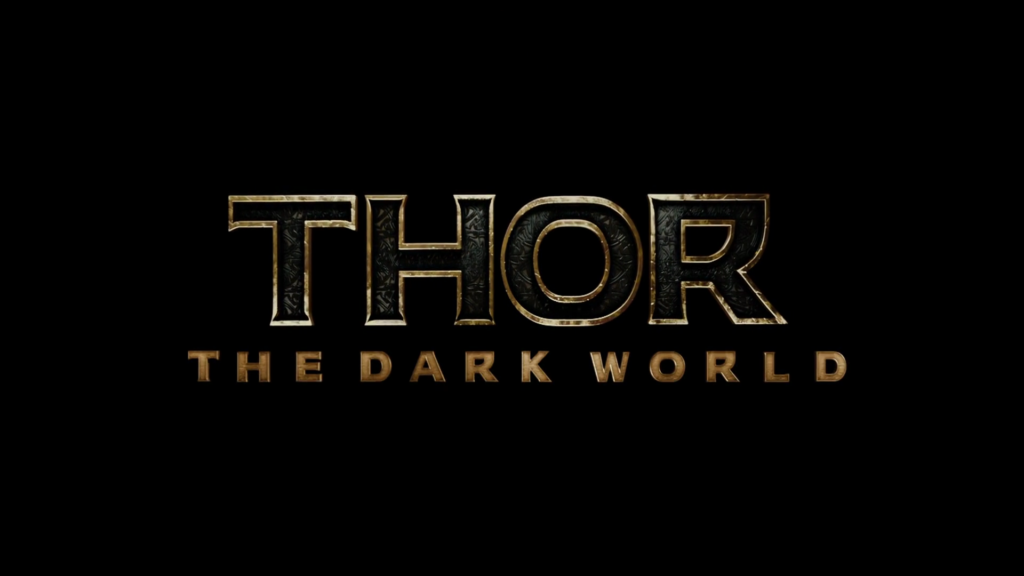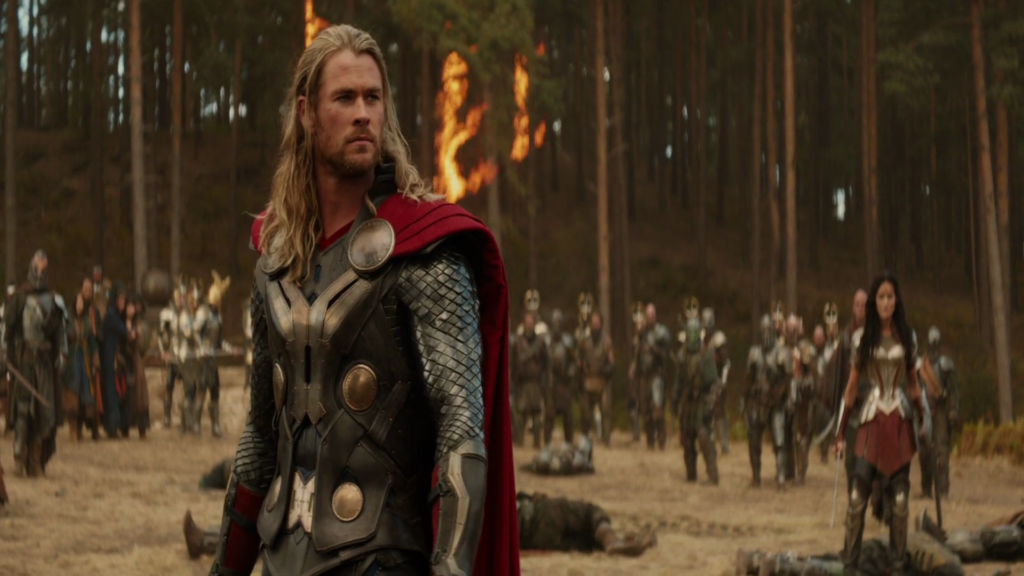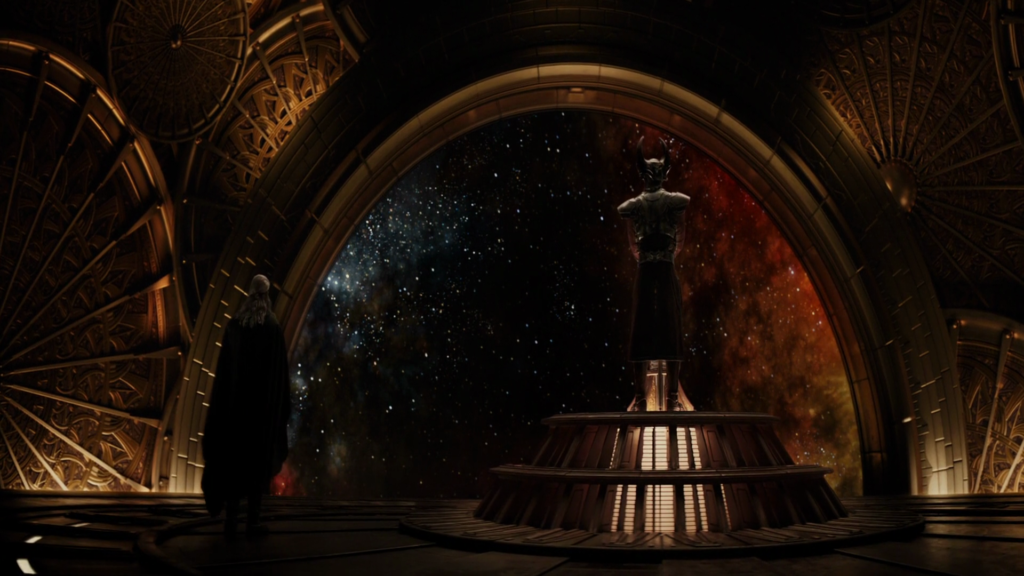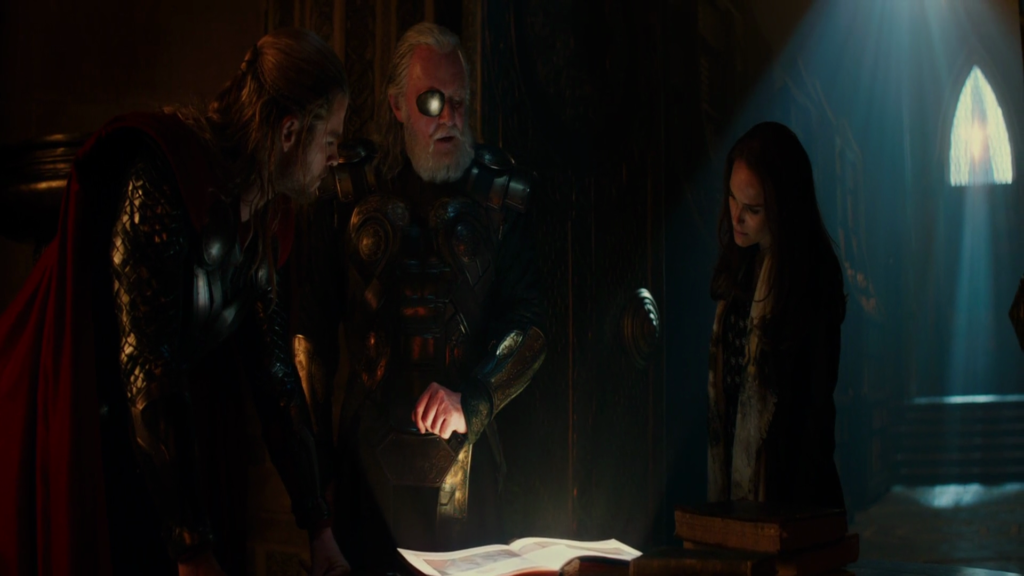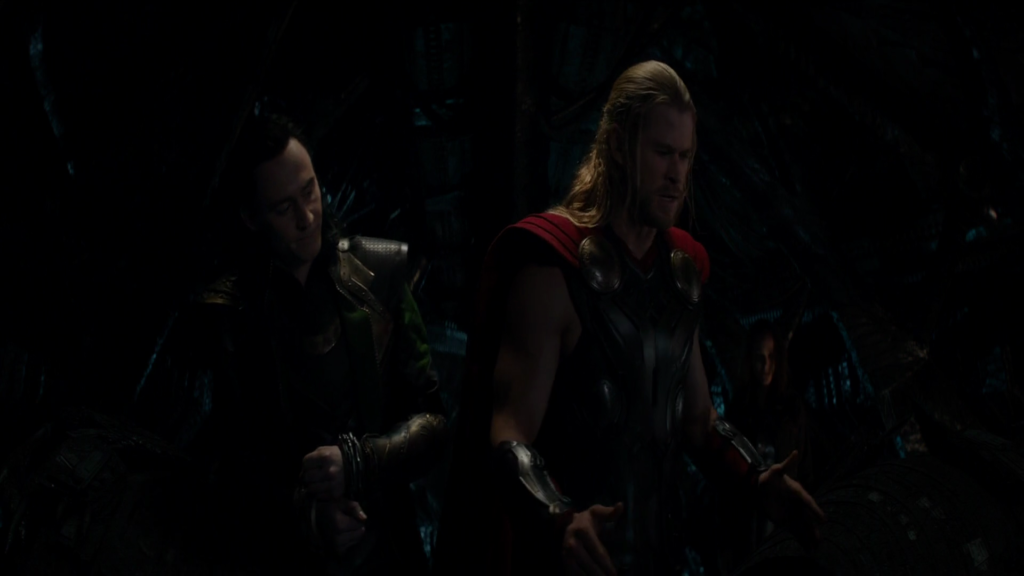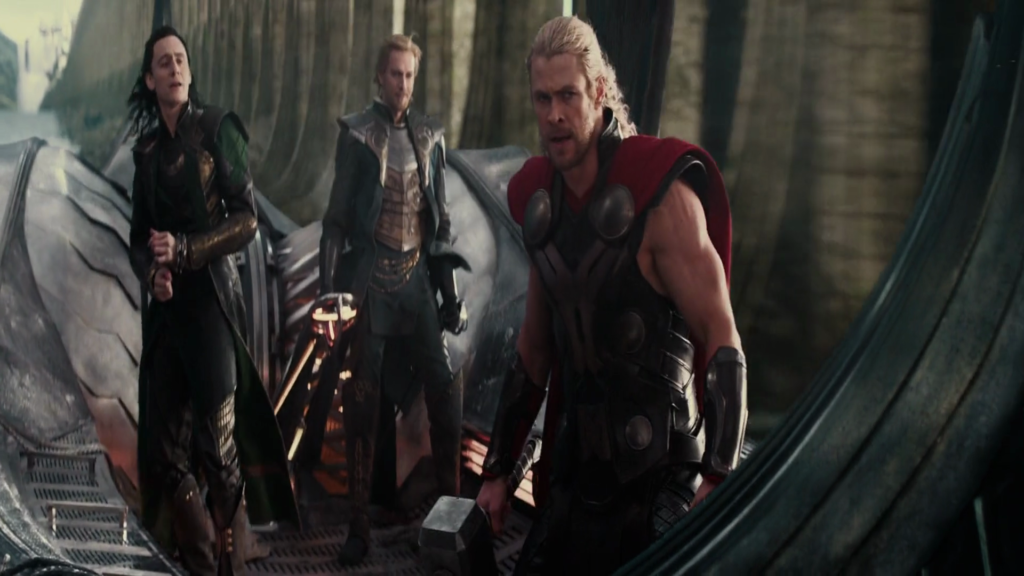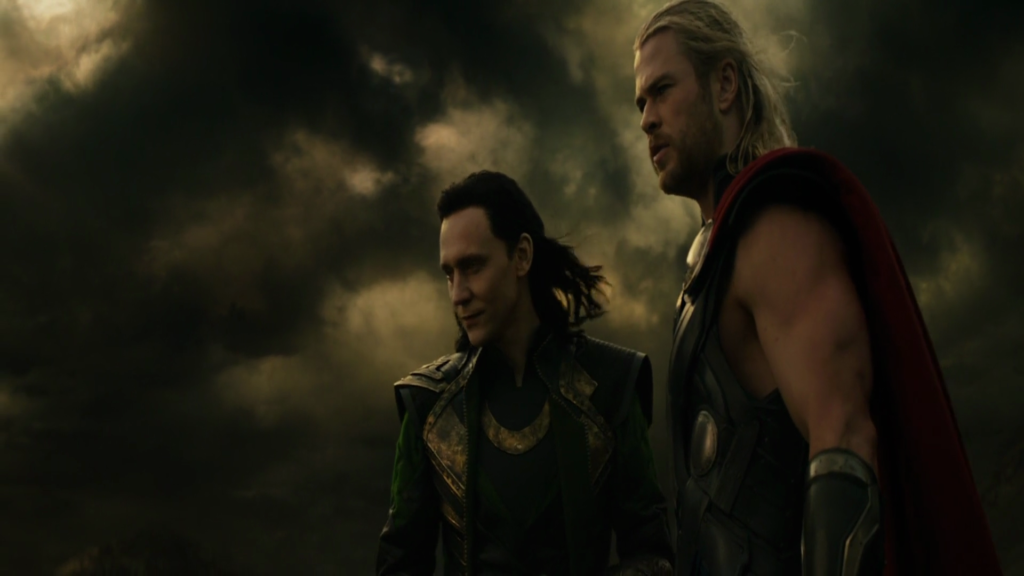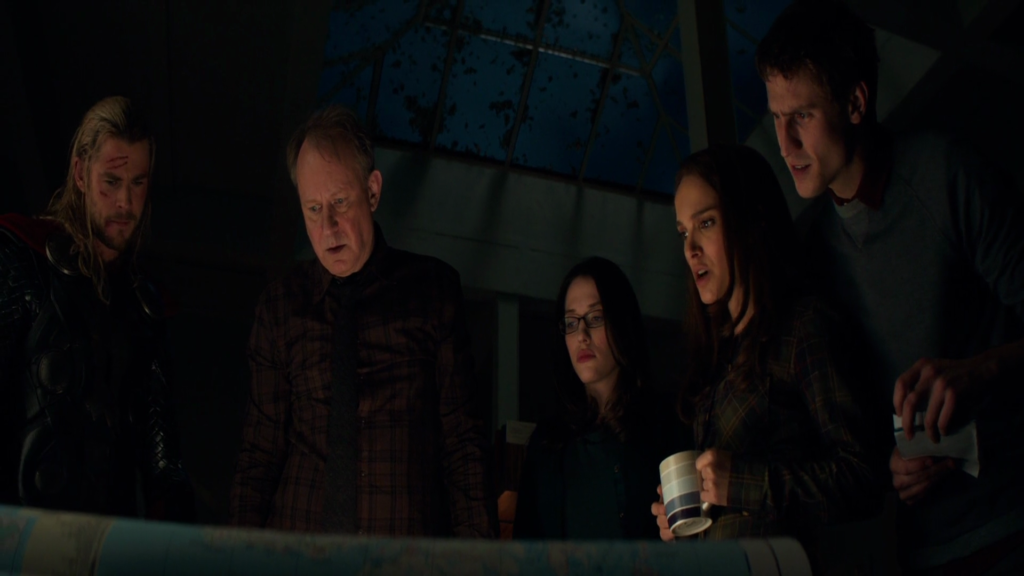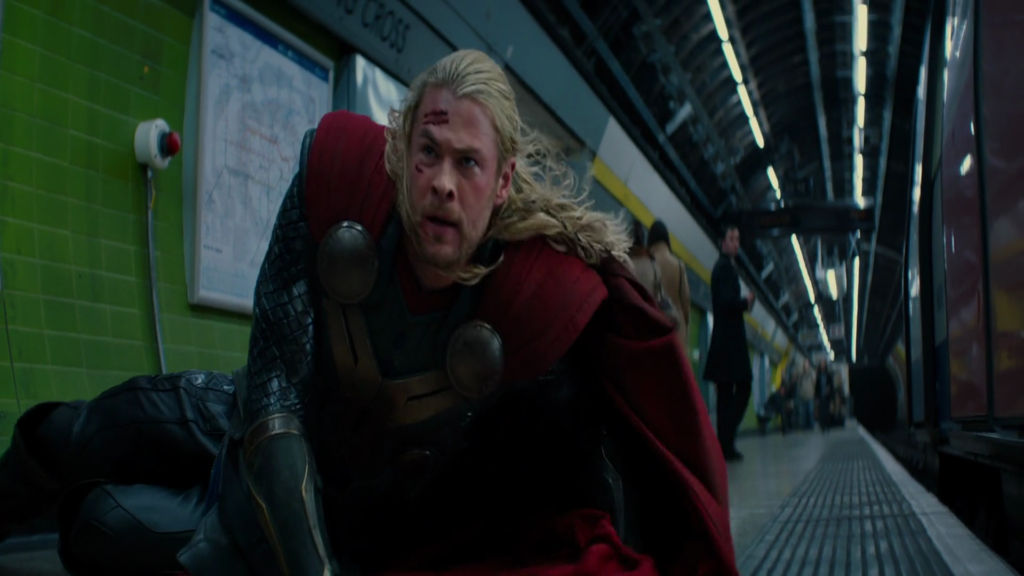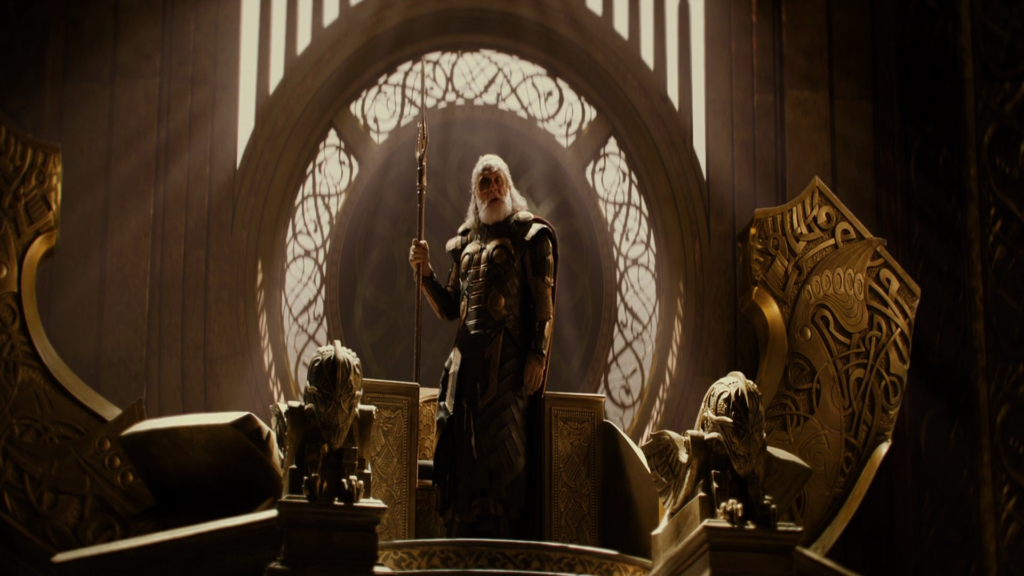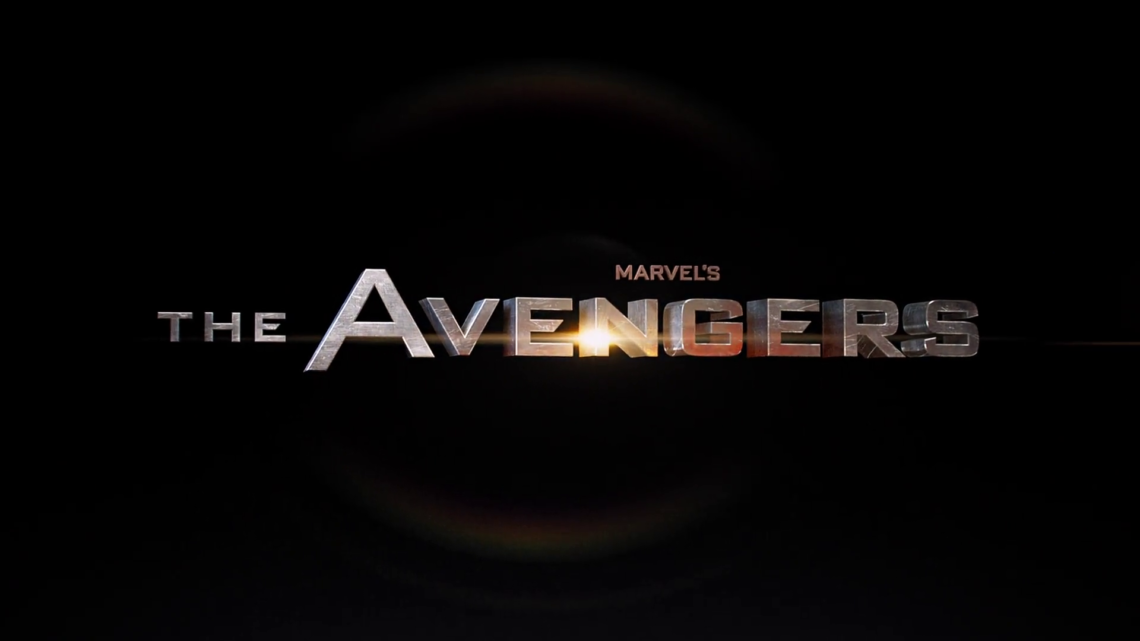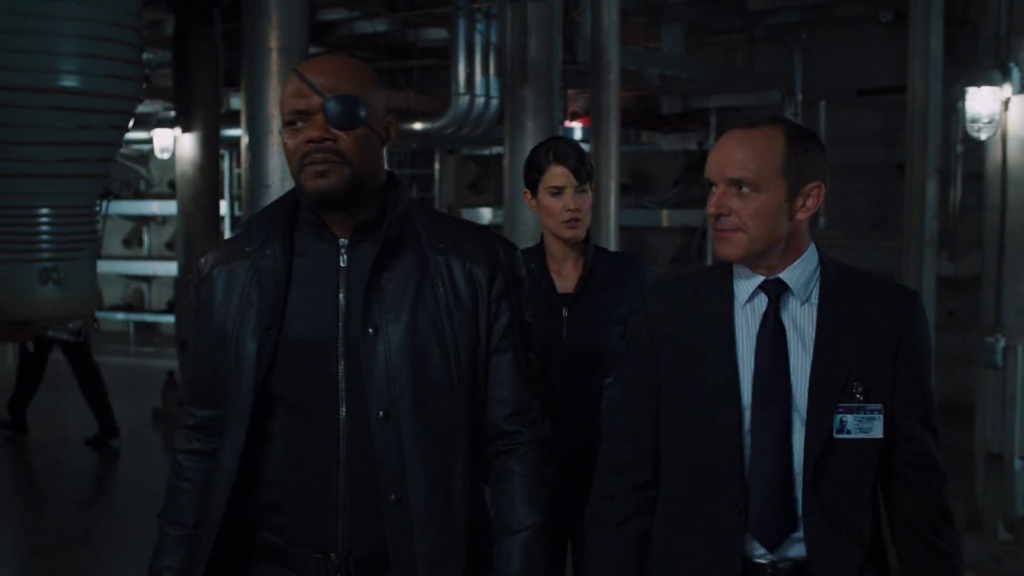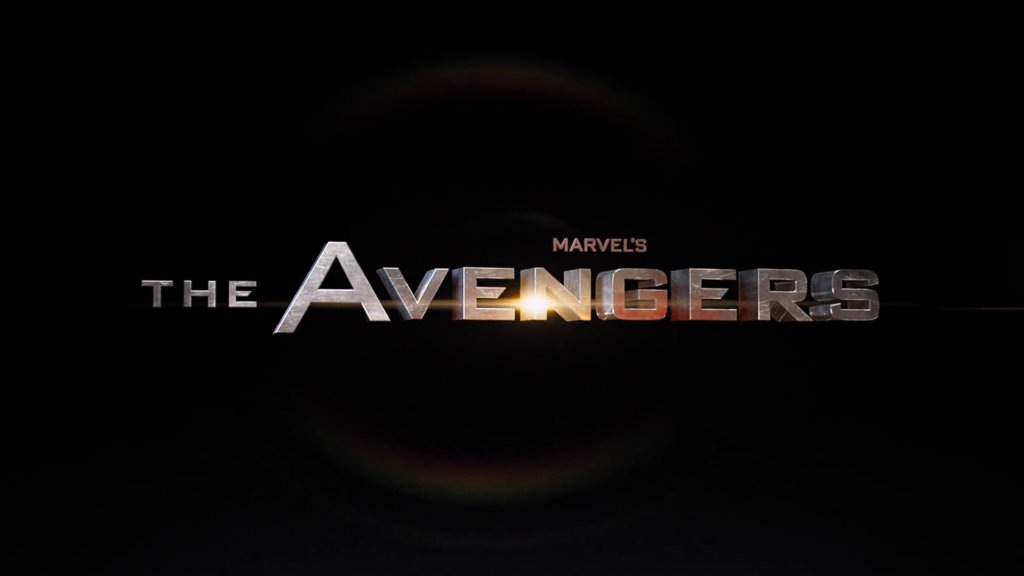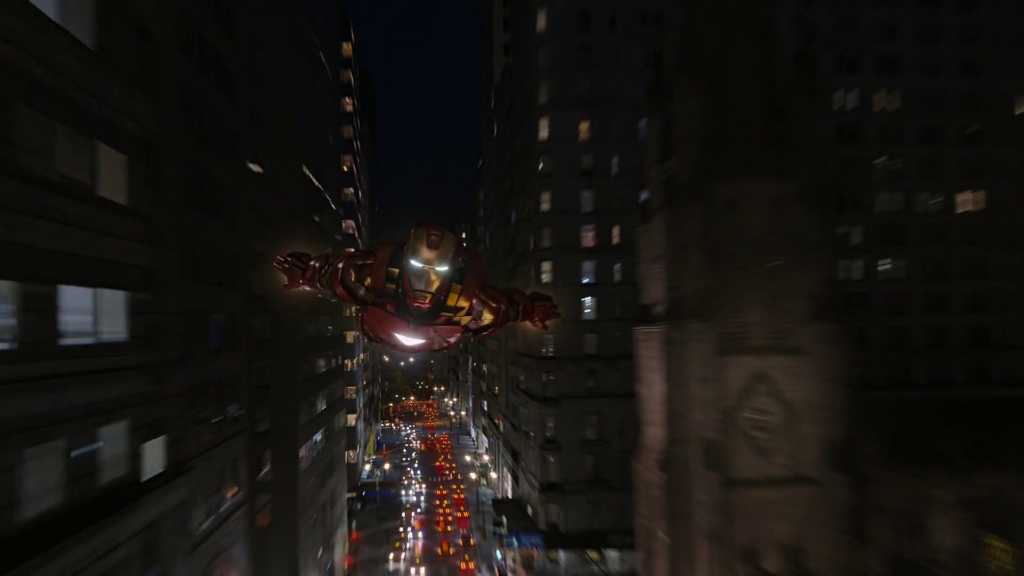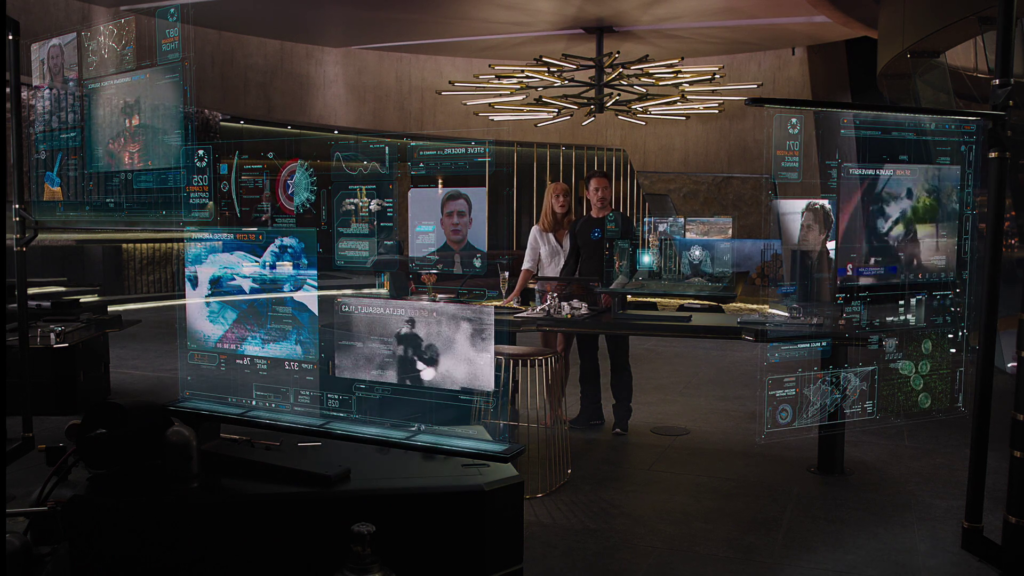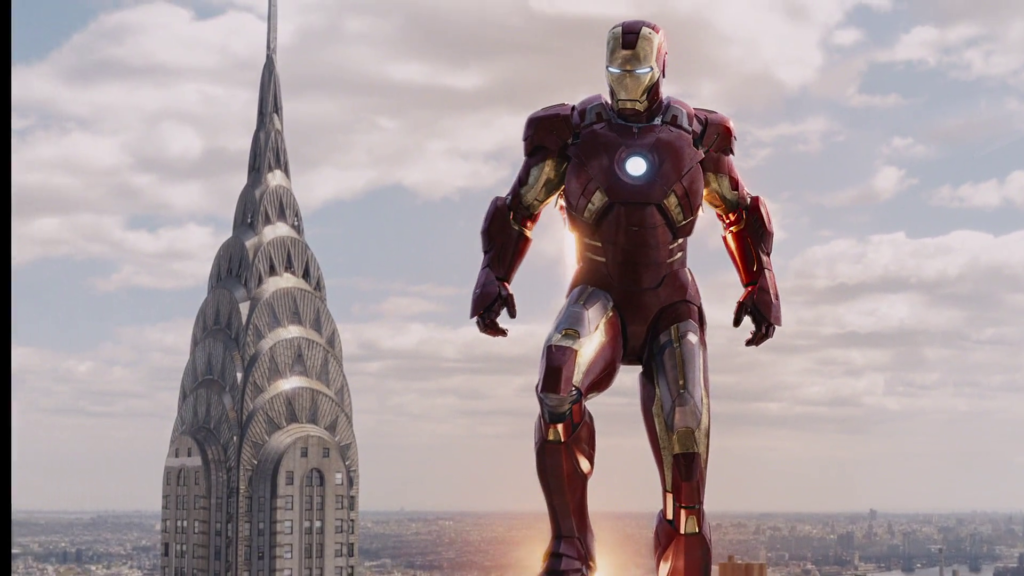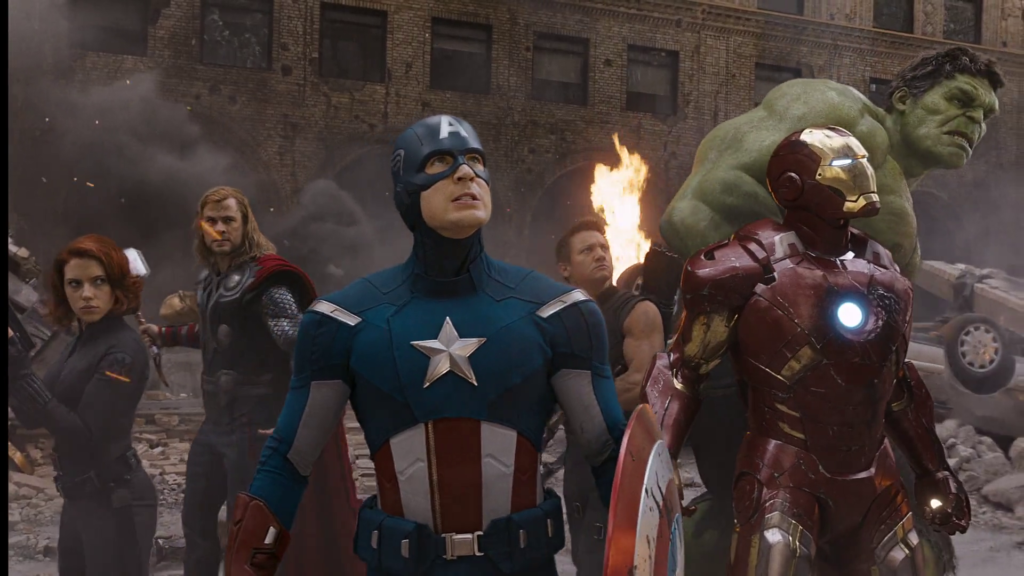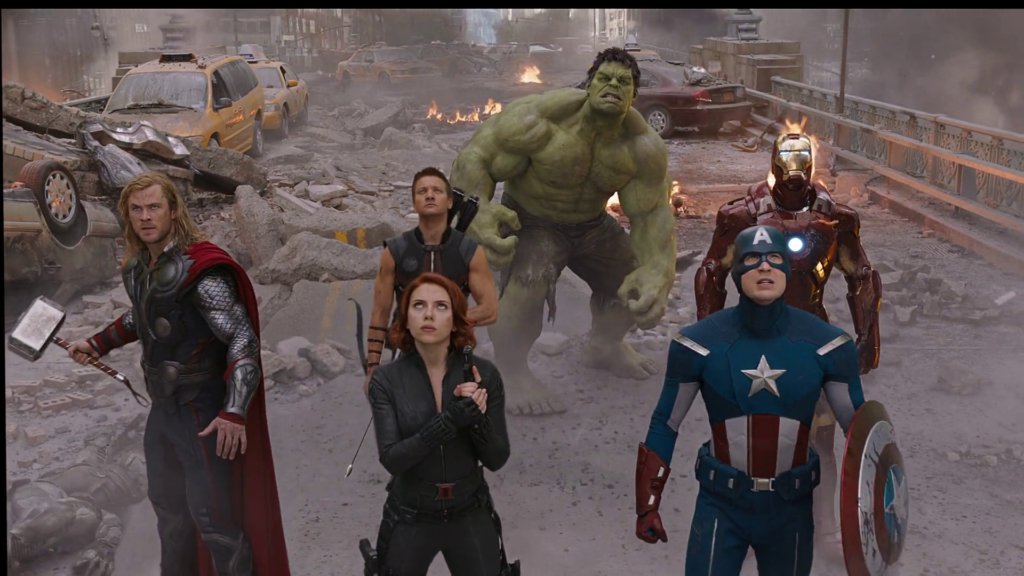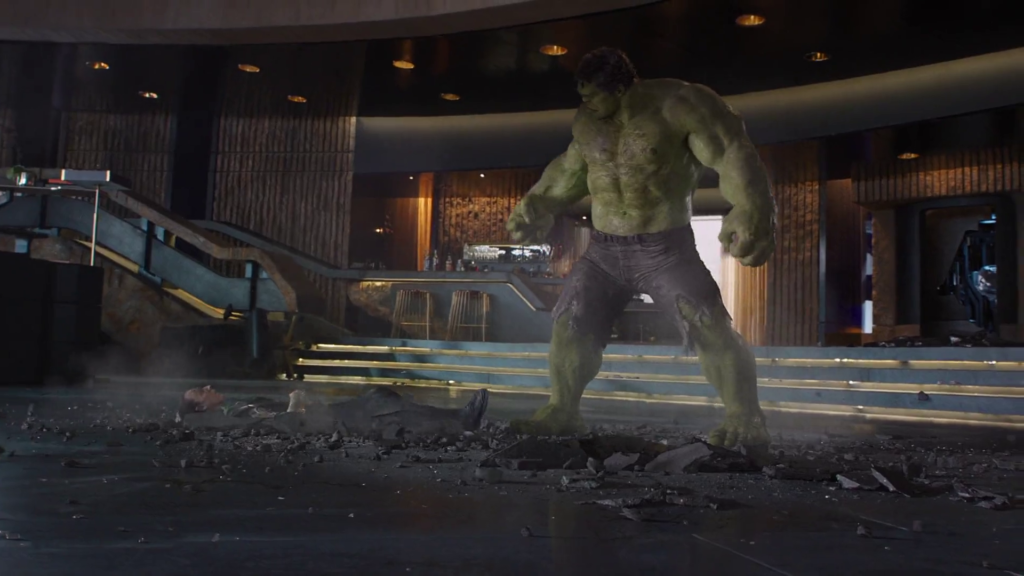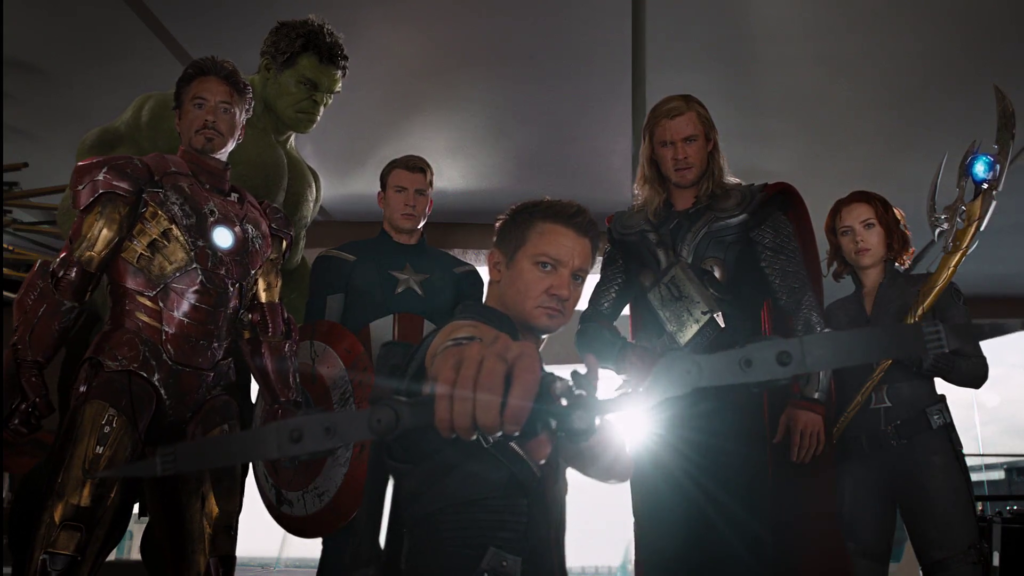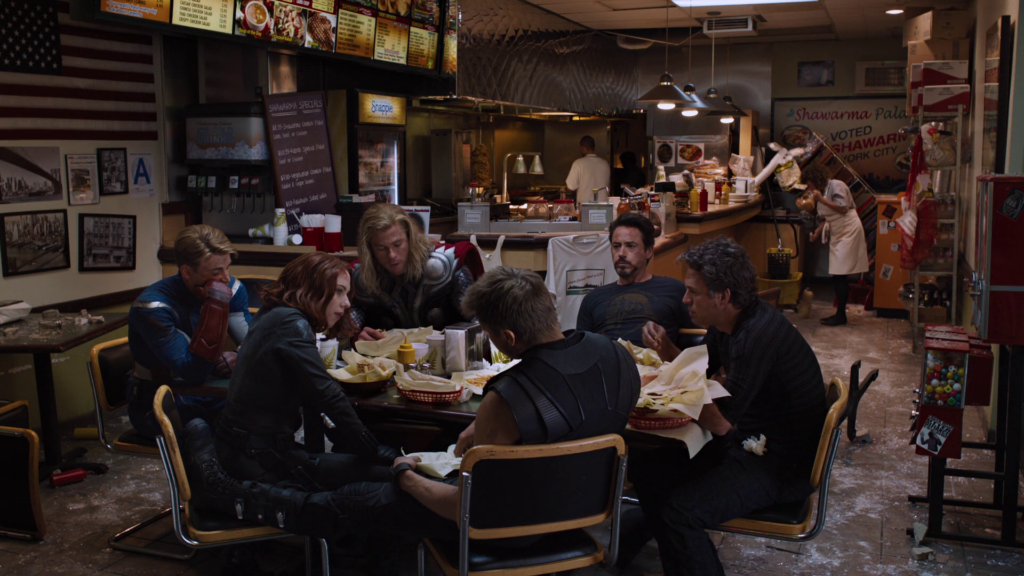-
#369 – Thor: The Dark World (2013)
Thor: The Dark World (2013)
Film review #369
Director: Alan Taylor
Thor: The Dark World (2013)
Film review #369
SYNOPSIS: A rare cosmological event is taking place in which the nine worlds will converge, creating disturbances across all of them as the barriers between them weaken. When Malekith, the ruler of the Dark Elves awakens, he sets about attempting to retrieve the Aether, a weapon of mass destruction he can use to return all of the world into darkness. Thor once again must protect Asgard and all other worlds as the Aether is absorbed into Dr. Jane Foster, a scientist and Thor’s love interest as Malekith attempts to retrieve the Aether by any means necessary…
THOUGHTS/ANALYSIS: Thor: The Dark World is a 2013 superhero film and the sequel to 2011′s Thor. It is part of the marvel cinematic universe. The film starts off telling the story of the dark elves and their leader Malekith, who many years ago tried to plunge the nine worlds into eternal darkness using a weapon known as the Aether. They were defeated by the Asgardians and forced into a state of suspended animation. In the present day, Thor is busy bringing peace to the nine worlds while a cosmological alignment of the worlds is beginning to take place, which is creating anomalies among them. Dr. Jane Foster on Earth is investigating some gravity distortions when she enters another dimension and absorbs the Aether into her body. her love interest, Thor, shows up and takes her to Asgard to treat the illness brought about by the Aether and to investigate it’s true purpose. Meanwhile, Malekith and his army have revived and plan an all out attack on Asgard in order to seize the Aether and again attempt to plunge the worlds into darkness. The plot of the film is varied, with a decent amount of action, drama and humour, but the main problem is that it just doesn’t fit together very well: the individual scenes themselves are decent, but the whole “cosmic alignment” and “plunging the world into darkness” elements are tropes that have been done to death, and offer very little surprise or interest to tie everything together. This is furthered by the moving around between Earth and Asgard that constantly shifts the focus of the film, and makes the different scenes have little relevance from one to the next. There is some effort made to give the characters a stake in the story, but again it seems to get diluted in the myriad of things that are going on, and the non-descript villain plot that is fairly standard.
The film’s strongest points are in it’s character interactions, particularly in the relationship between Thor and Loki. Following the events of The Avengers, Loki is imprisoned for life on Asgard for trying to take over Earth, with only his Mother coming to occasionally visit him. When Thor and Loki’s mother is killed By Malekith, The two brothers forge an uneasy alliance in order to get their revenge. Loki’s constant trickery and Thor’s righteousness really work well together, both as drama, and also from a humour perspective, giving them an ample amount of bickering that is fun to watch. Unfortunately, there isn’t enough of it. The whole romance between Dr. Foster and Thor doesn’t really develop from where it starts, and again is overshadowed by the Thor/Loki dynamic. Other characters play their part, but contribute very little, again because the scenes are so disparate they often fail to make an impact on the whole. An example would be the death of Thor/Loki’s mother, which isn’t mentioned at all after the funeral, and just gets forgotten.
For all these shortcomings, there are some positive points. Asgard looks great, and the action is fairly solid with a few surprises. The humour again serves as some light relief from the drama, and there’s a decent mix of all these elements. Unfortunately the plot as a w hole is fairly weak, and manages to make all the events in the film – even if they are about the end of the world – seem pretty inconsequential. Add to that the plot relying on a serious amount of coincidences that make less sense the more you think about them, and it is easy to see why people consider this film the weakest in the Marvel Cinematic Universe. It’s not completely terrible, but at this point in the cinematic series, the viewer is no doubt expecting a more complex contribution with a more expansive story, which Thor: The Dark World does not fully deliver.
-
#337 – Marvel’s The Avengers (2012)
The Avengers (2012)
Film review #337
dir. Joss Whedon
SYNOPSIS: While S.H.I.E.L.D. is performing experiments on an object known as the tesseract, a potential source of unlimited energy, it is stolen by Loki, a demi-god who wishes to use it’s power to subjugate the human race. Nick Fury, the director of S.H.I.E.L.D., assembles a team of heroes to counter this new threat to Earth, but first they must learn to work together before they can take on Loki…
THOUGHTS/ANALYSIS: The Avengers (or Marvel’s The Avengers or Marvel Avengers Assemble) is a 2012 superhero film that is the culmination of the first series of films establishing the marvel cinematic universe. The previous films mostly dealt with the origins of the characters, while also providing hints about how they will fit into the wider universe. This film has the aim of bringing all these different superheroes together, with their own unique presence, powers, and personalities, and devising a way for them to work together as a team. It is certainly an ambitious project to cross-over all these different worlds and stories, requires a balance to get right with regards to using each character effectively.
The film starts off showing the S.H.I.E.L.D. agency conducting experiments on an object called “the tesseract”, which played a part in the Captain America film and briefly shown in the Thor film. They are trying to harness its power to produce a limitless source of energy. It suddenly springs to life and opens up a portal through which Loki, the antagonist from Thor, emerges. He takes control of the minds of a number of personnel, and escapes the facility with the tesseract. Nick Fury, the director of S.H.I.E.L.D., recognises the severity of the situation, and calls upon the various heroes to track down Loki and the tesseract. The film introduces each of the characters individually, so they are each explored on their own terms and their personal motivations are established firmly. The story structure is fairly standard, with a clear three-act structure that flows as you would expect, but there’s plenty of humour, action and story packed into them that the film nevertheless gives you everything you need. With a runtime of nearly two and a half hours, it’s a long one, but every scene is worthwhile in some way, and it could have probably got away with being even longer because there is so much potential with these characters and setting.
The characters have already been established through the previous films, primarily dealing with their origins and motivations that make them heroes. Even if you haven’t seen all of them, you get a pretty good idea of who they are and what drives the. Captain America comes across a heroic soldier who comes up with a strategy for battle, Iron Man/Stark is the guy with the resources who deflects criticism with his humour. Banner/The Hulk is the smarts who is also an unpredictable element, and Thor is a demi-God out to stop his Brother. Black Widow/Romanoff and Hawkeye/Barton did not have their own films, but appeared in the others so they are somewhat established, but Romanoff especially gets a lot to do in the film to firmly develop her role in the group. Each of the heroes is a big personality, so initially have a hard time finding their feet working together in a group, and it’s fun watching everything come together. The death of agent Coulson, who played a big part in bringing everyone together, is an emotional scene that gives everyone motivation to work with each other, and gives the team a unifying purpose. I think the only character that could have done with more development is Loki, whose motivations are a bit muddled, and his role in a larger scheme is left very ambiguous. In one sense, it works because Loki has a specific goal (to rule Earth) and is a simple one so that the heroes can do what they do best and stop him without too many complications. Loki being used by a bigger evil is also obviously meant to set up future films, but I felt like it could have done with being a bit more clearer. But again theres a flip side, as developing this background more may have distracted from Loki being a focal point and a credible villain, so there’s a fine balancing act that is being struck here. As a standout performance, I enjoyed the portrayal of Bruce Banner/The Hulk as a skittish scientist who everyone also has to be really careful around so he doesn’t transform and pulverise them.
Even though the story is quite simple, the film as a whole is certainly not lacking in ambition and scope. The final battle covers a significant portion of Manhattan, with a full-scale alien invasion tearing through skyscrapers and the streets of New York City. Superheroes in NYC again is hardly a novel phenomenon (which the film itself pokes fun at with a Stan Lee cameo), but perhaps that’s very much intentional: The Avengers is not attempting to differentiate itself from other superhero films by trying something new and different, but by outdoing every other film in the genre on its home turf; taking all these established tropes and concepts and executing them in such a way that no other film could compete. In short, it becomes the definitive superhero film. The level of destruction is unparalleled, the production makes it feel like a comic book film full of colour and dynamic shots and poses, and there’s some gloriously over-the-tops moments while also retaining plenty of humanity. The film does have some faults as I mentioned, and doesn’t push the envelope in terms of finding a new angle to develop or evolve the genre, but it is an ambitious project that pays off through balancing a colourful cast of characters with large-scale action and an interweaving of stories to create an entertaining tapestry that solidifies itself as the apex of the genre.
